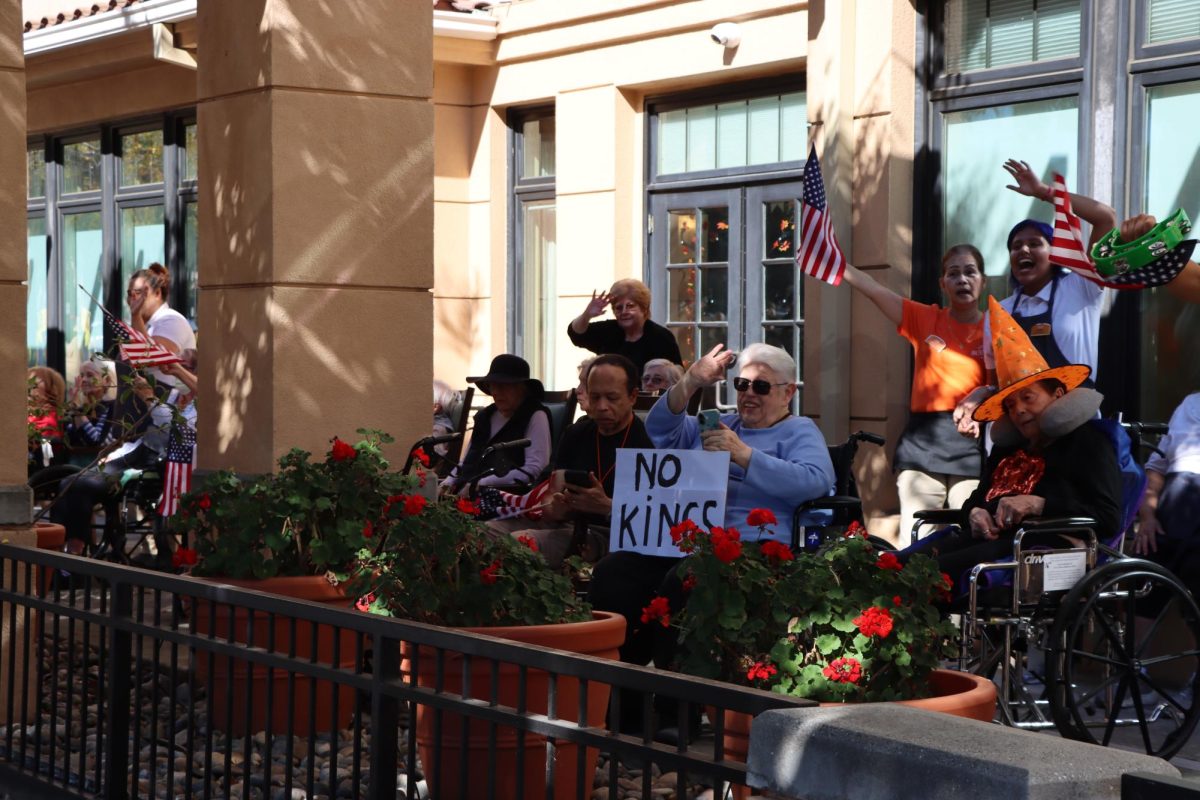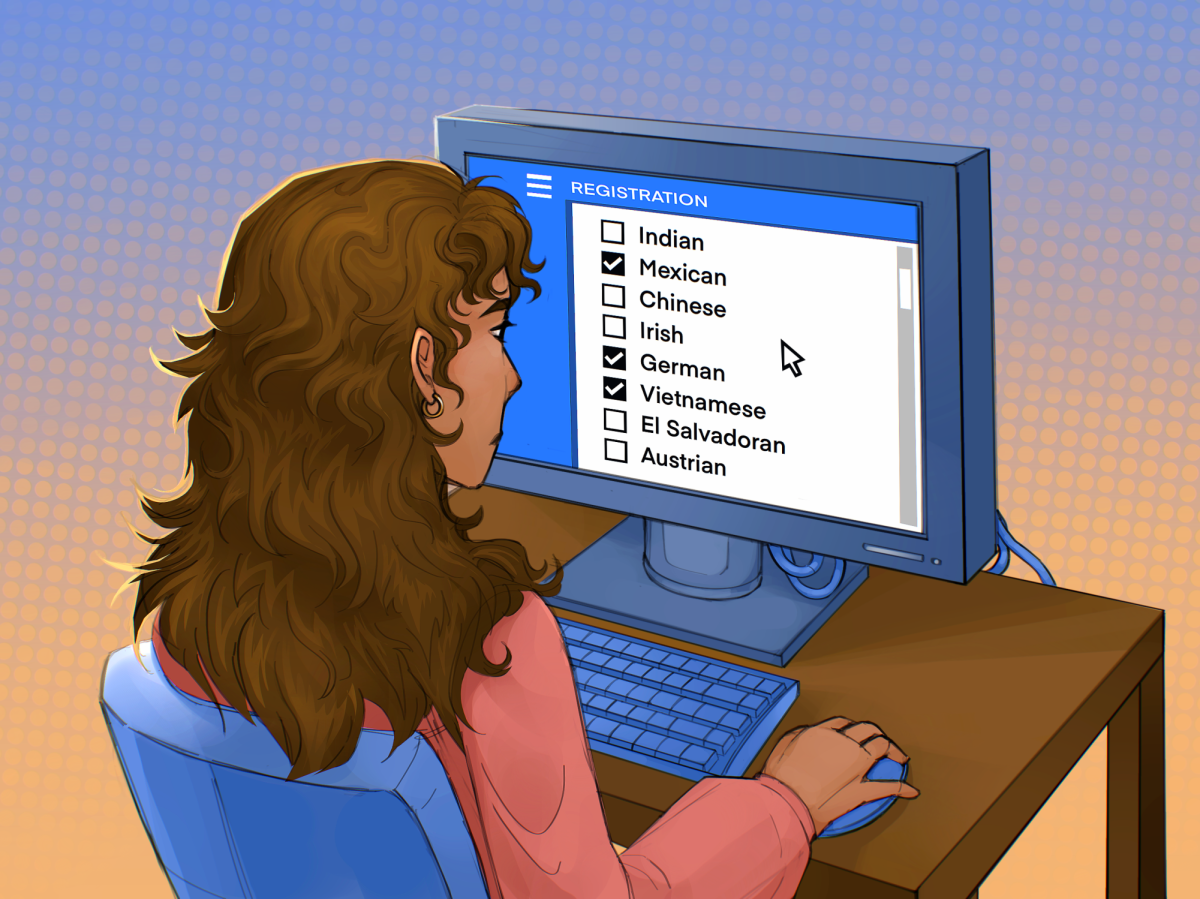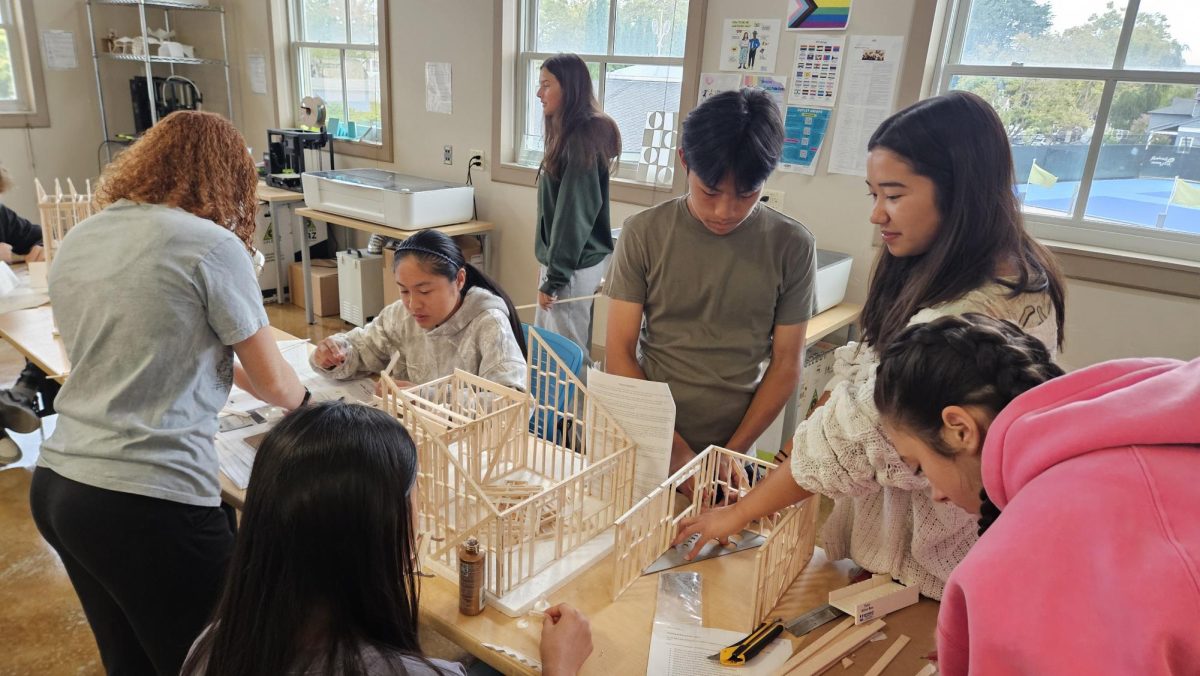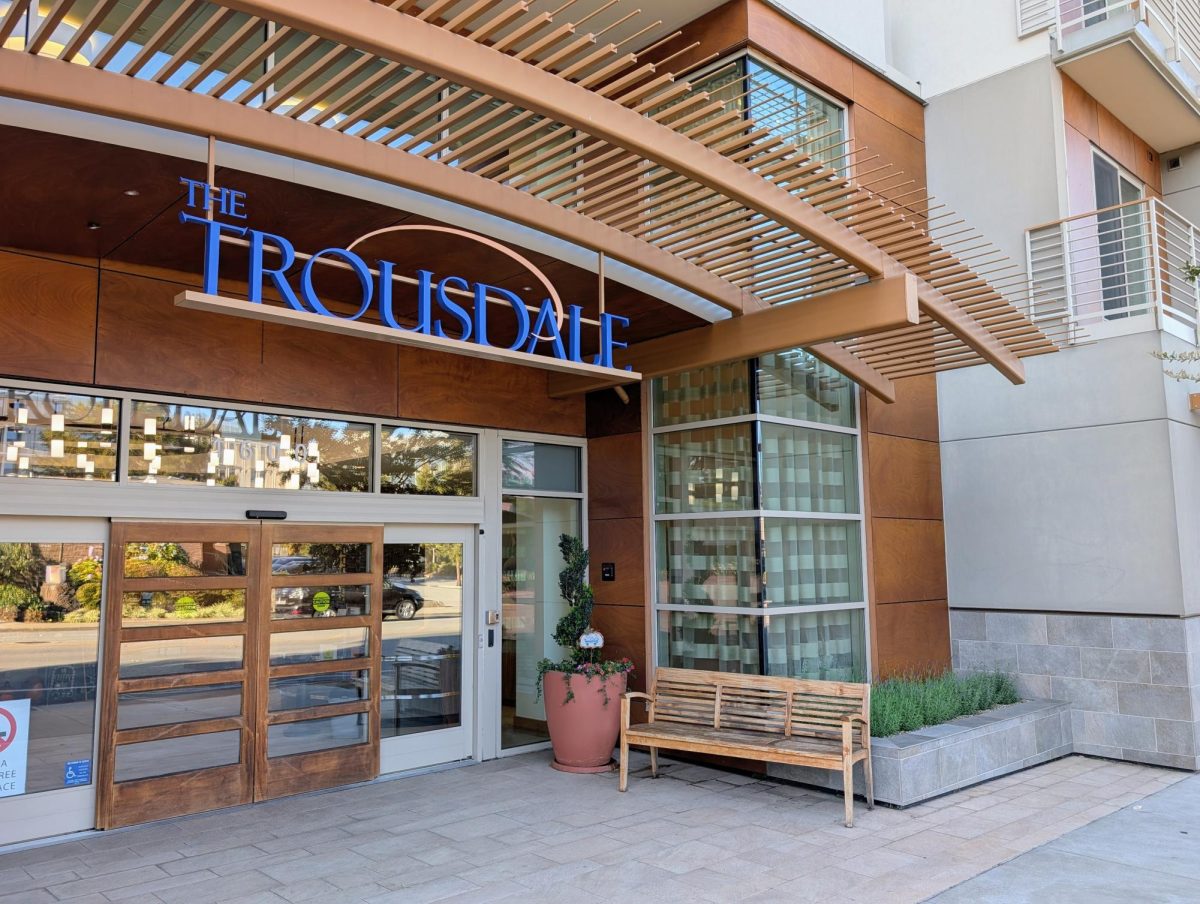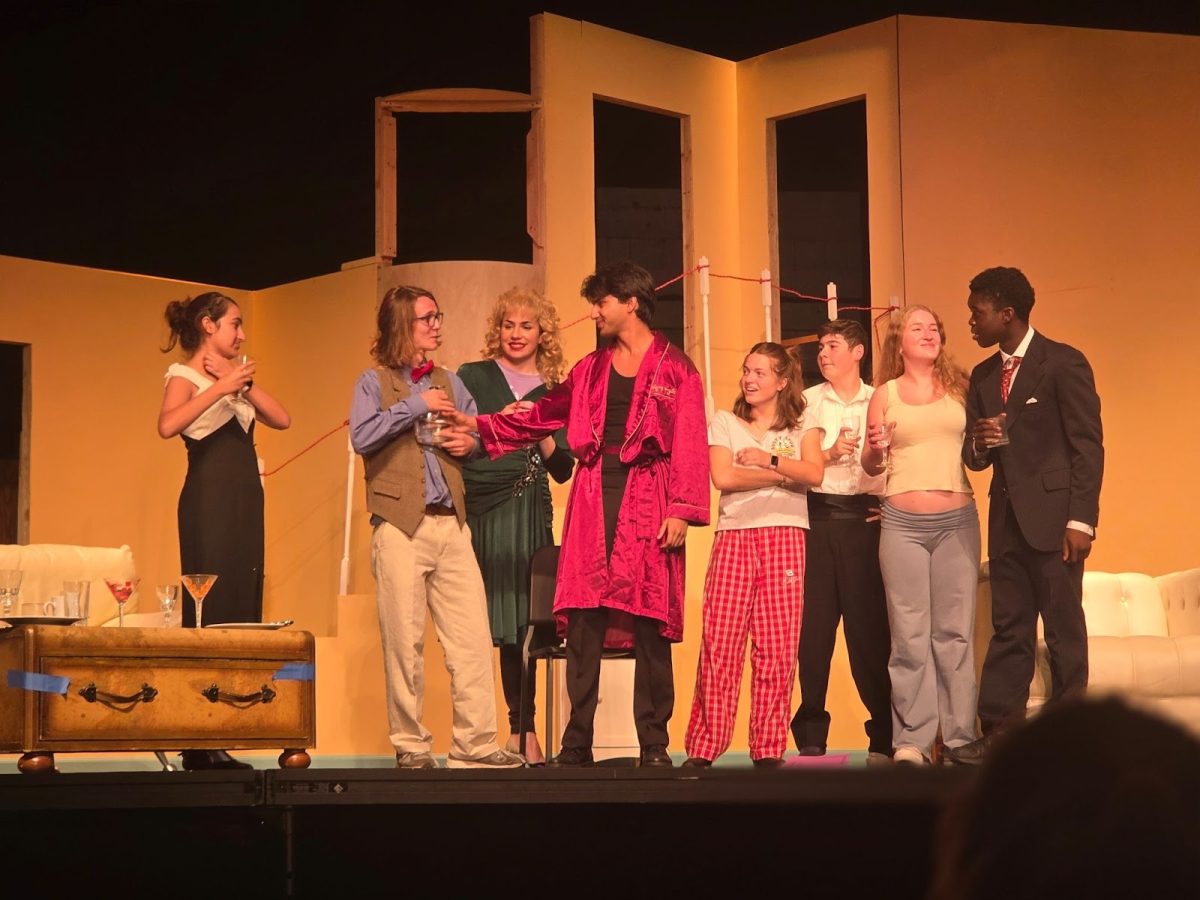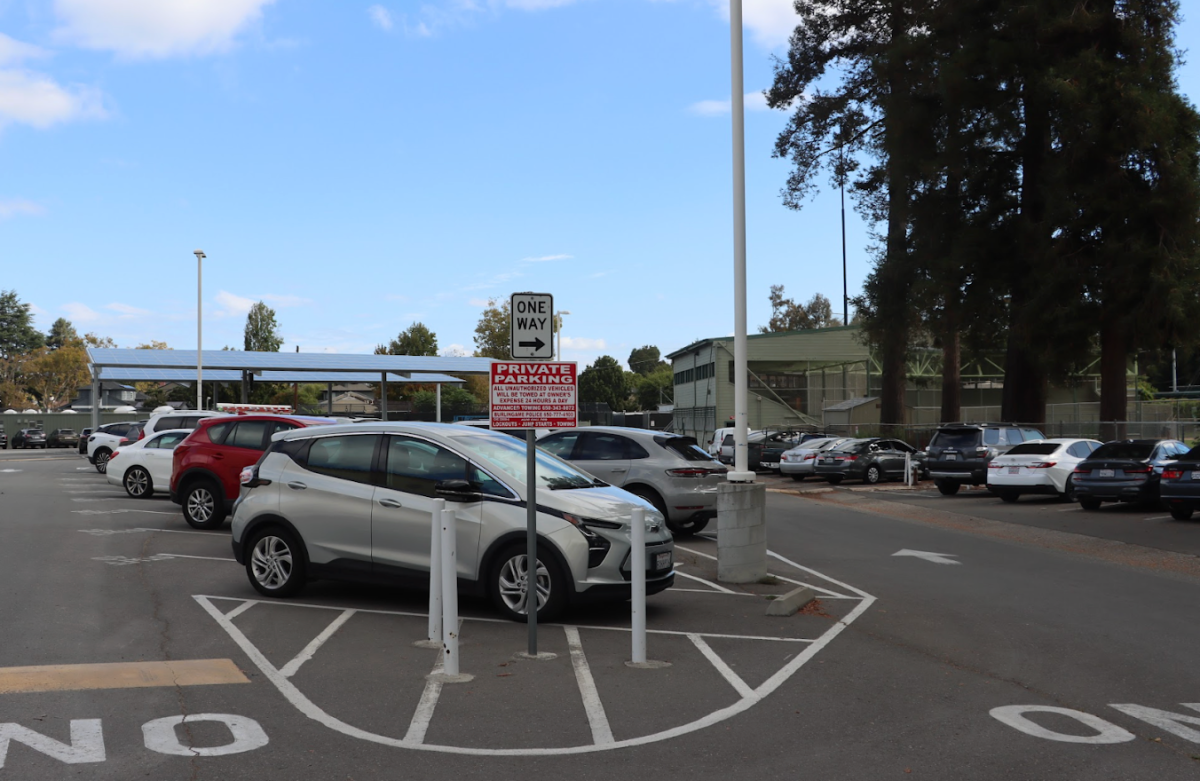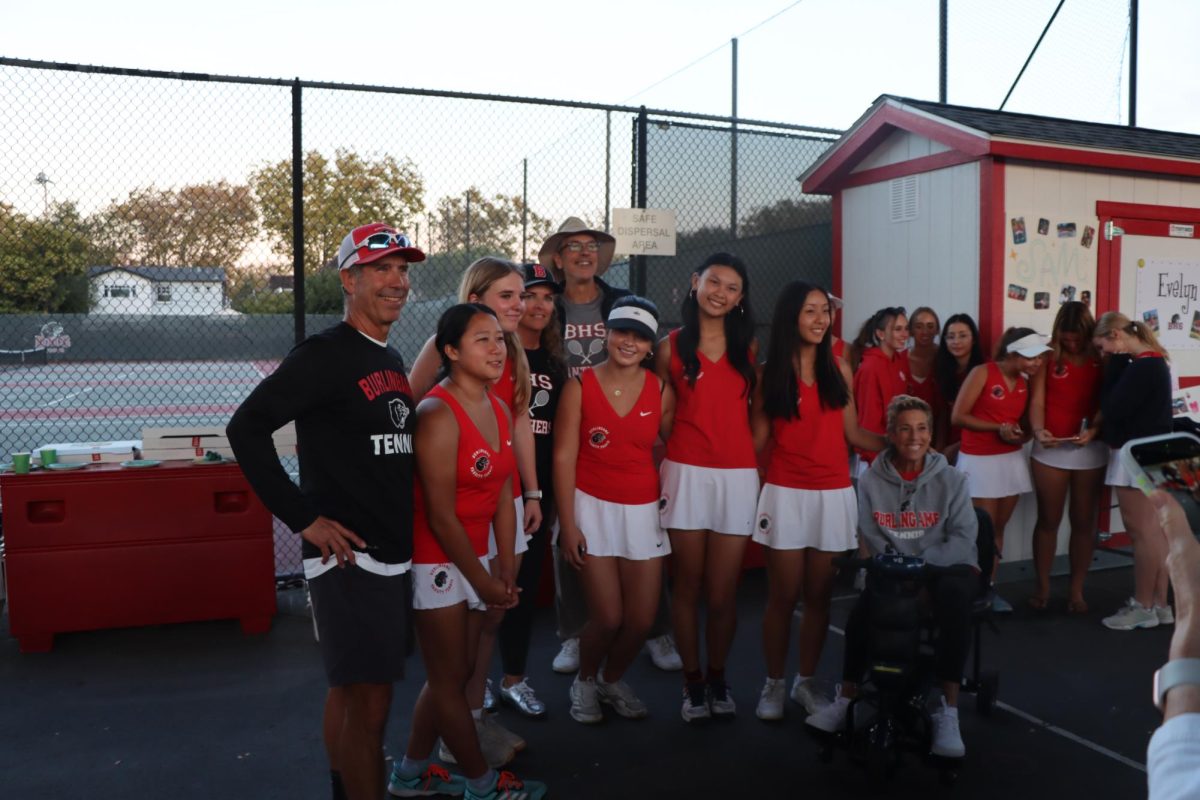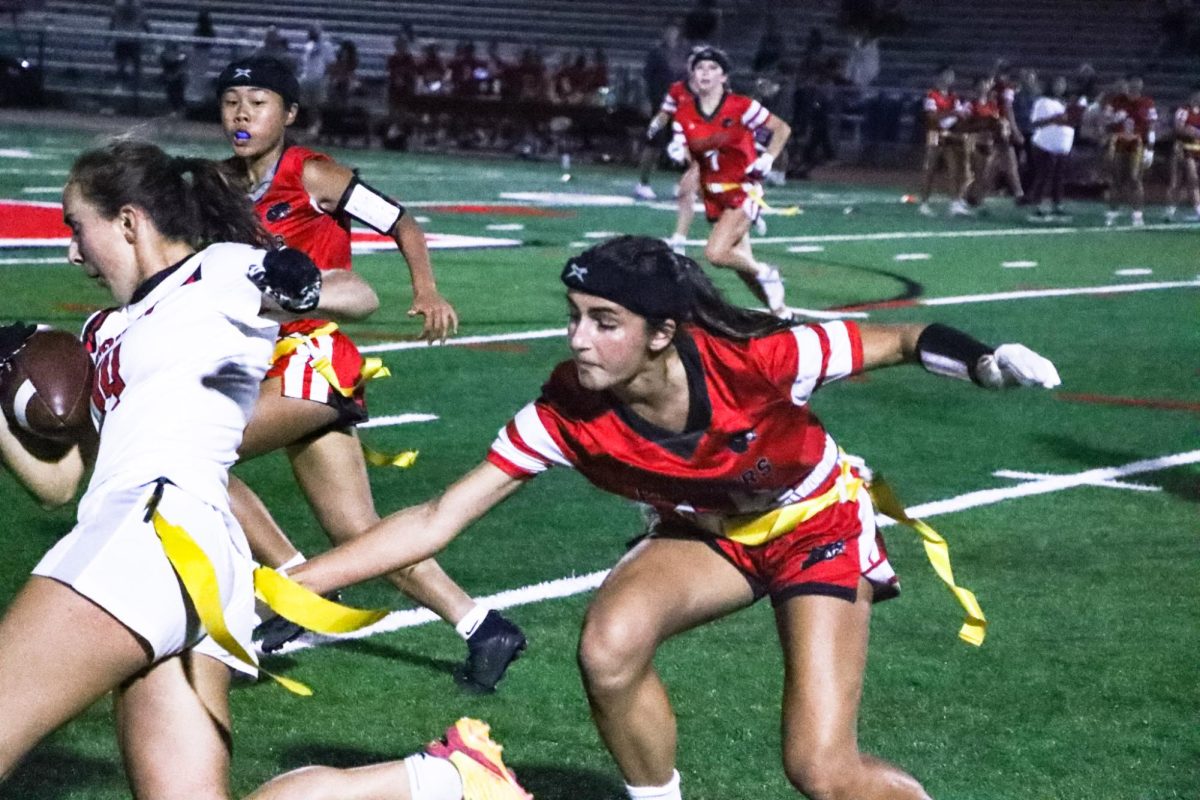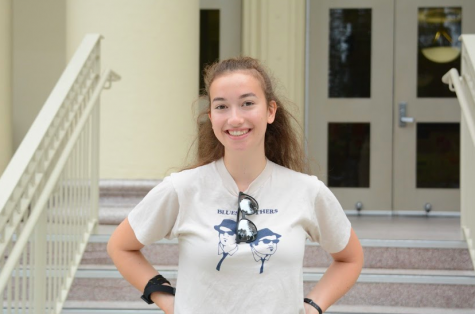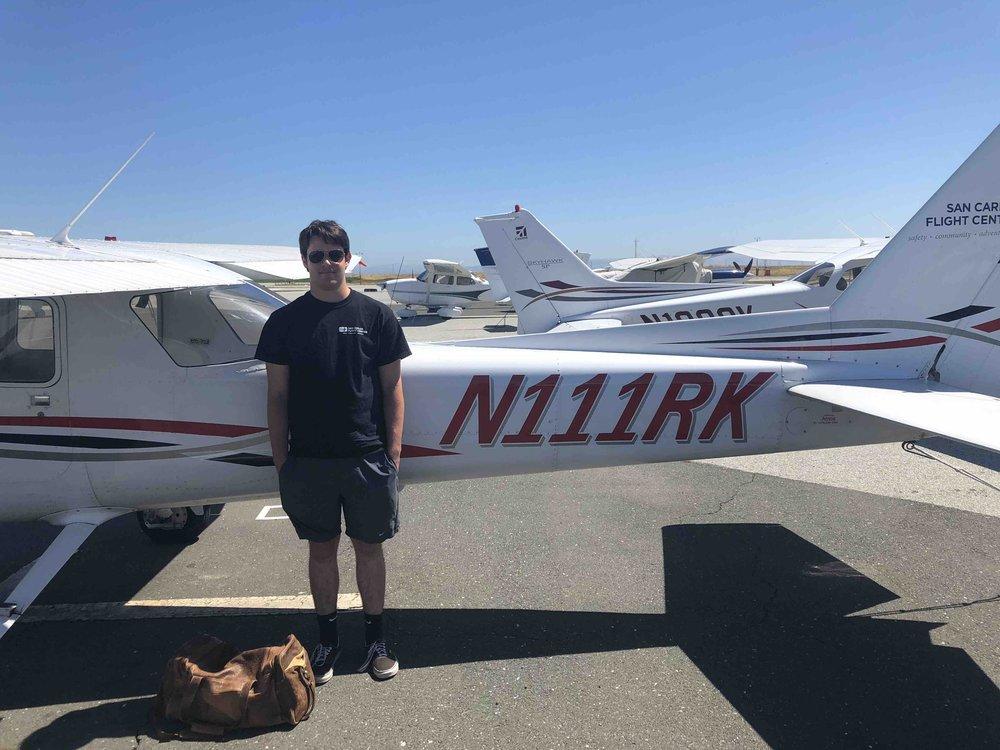
Senior Alessandro Franco awoke in the early hours, gathered his paperwork, and drove to San Carlos airport at a time which he described as the “a**crack of dawn.” He checked the weather report for Tracy, a city approximately 60 miles southeast of the Bay Area. Then, he started up his Cessna 172, the plane he would be flying for the day, and took off from the runway.
Franco was heading to Tracy to perform a check flight, in which an instructor would assess his ability to complete basic maneuvers. This assessment would ultimately decide whether he would receive a private pilot’s license.
“[I was experiencing] a mix of nerves and relief, knowing that if this goes well, I can come back this afternoon officially a pilot, and if things don’t go well,” Franco said, “I have to wait for another long time.”
Since his father is a pilot, sitting in the cockpit was not a new experience for Franco. While his father steered the plane, it was always Franco’s job to speak with air-traffic control over the radio and set GPS coordinates for their destination.
Through the Upwind Scholarship program, a free intensive aviation course for rising seniors, Franco pursued an interest that had always been a part of the background noise in his life. From the passenger seat, Franco transitioned into the pilot seat.
He had been preparing for the checkflight for about three months. Franco spent five days per week from 9-5 at San Carlos airport, studying and adjusting to the steep learning curve of the intensive course. He practiced in a Cessna 152 and, later, a Cessna 172.
“There was a book like this big,” Franco said, holding up his pointer finger three inches apart from his thumb. He moved his pointer finger lower by a single inch. “I probably had to learn about this much.”
The check flight date was set for Aug. 4, but was rescheduled twice due to weather and mechanical issues. For a month, Franco waited to receive word of his assessment date.
“In that month,” he said, “I was really tempted to be like, ‘I’m so sick of this.’ But really sticking with it, staying sharp, ended up being so worth it.”
Franco was only notified two days before that Sept. 10 was to be the day of his check flight.
“It was kind of an unreal feeling knowing that it was actually happening,” Franco said.
His supervisor, a pilot named Vince Nastro, was talkative and fair. After Franco spent an hour and fifteen minutes successfully reviewing the protocols for engine failure, engine fire, electrical fire and landings on different surfaces, Nastro awarded Franco a challenge coin. Challenge coins are medallions bearing the names of specific organizations in the military.
“It said ‘Jaws’ on it,” Franco said. “He was like, ‘This is my military call-sign because I talk a lot.’ I was like, ‘It fits.’ ”
Challenge coin in hand and pilot’s license under his belt, Franco flew back to San Carlos airport. He called his instructor, who congratulated him over the phone by shouting, “Dude, that’s f***ing awesome!”
Back at the airport, Franco switched into his favorite plane (same model, but with a touch-screen GPS.) His father sat down in the co-pilot seat. Together, they flew for an hour above the San Francisco Bay.
“He started trying to give me his little pointers,” Franco said. “I was like, ‘no, no, no, this is my flight now.’ ”

